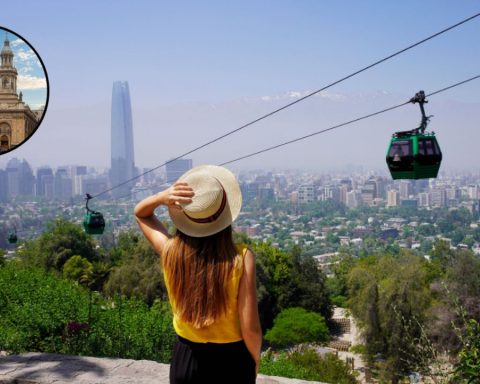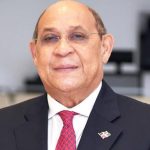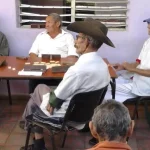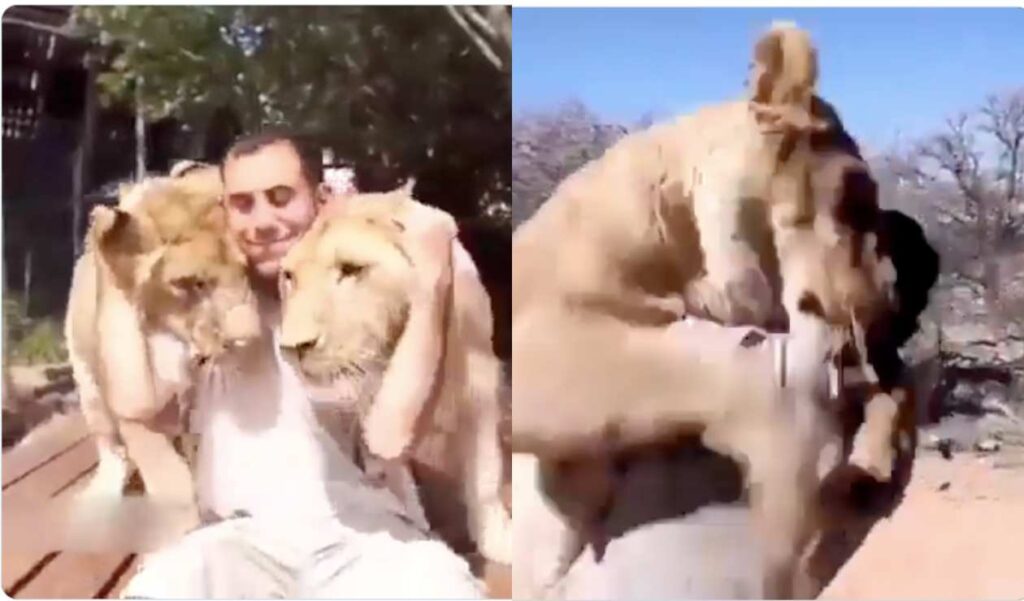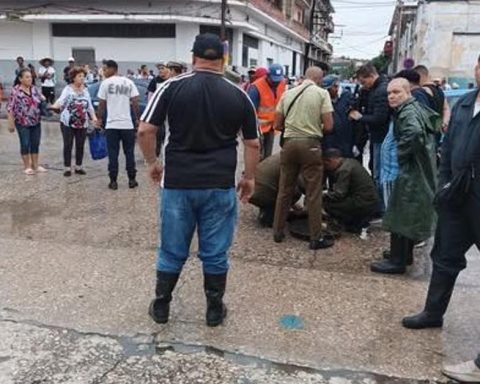-Many times people speak of the original peoples as someone who speaks of the past. In many museums around the world, in fact, native peoples continue to be part of “natural history”. Do you think this perspective has changed?
-In more enlightened circles, in fact, the perspective has not changed from the “derogatory sense”. Although the relationship with nature has been resurrected as an ideal that the backward cultures of the “developed world” would do well to strive to achieve, actually learning from the original peoples, who show us over and over again that either we live in harmony with nature or we will persist in our march towards the suicide of the species, taking much of life with us.
-It was common in schools and universities to call the arrival of Christopher Columbus to this continent as the “discovery of America”, then in 1992 it was changed to “encounter between two worlds”. What is the correct way to mention it in your opinion?
-There is a national holiday in the United States called “Columbus Day”. Years ago I informed students in my courses that we would not be meeting due to Genocide Day. Over the years, bewilderment turned to understanding, as awareness of historical truth began to permeate the culture. Today I believe that a good term is “the invasion of America”, borrowing the title from the groundbreaking book by Francis Jennings who exposed the vulgar mythology and apology that unfortunately prevailed in the general culture and even in the most erudite circles. It is quite shocking to look back at what was spread only 50 years ago by leading historians and anthropologists. And it is no accident that Jennings was an independent scholar, outside of academia. The basic facts, long suppressed, were not, of course, obscure to the perpetrators. Some celebrated them, others lamented them, like former (United States) President John Quincy Adams, the mastermind architect of Manifest Destiny. In his later years, long after his own contributions to crime, he reflected bitterly on the fate of “that wretched race of Native Americans, which we are exterminating with such ruthless and perfidious cruelty…among the heinous sins of this nation, for the which I believe God will one day bring us to judgment.” Jennings opened the door to the revelation of the horrible historical record, now understood in at least some circles. It is so understandable that the proto-fascist Republican Party is now – without exaggeration – trying to ban the teaching of real history in schools, on the grounds that it is “divisive” because it “makes” some students “uncomfortable.”.
-And what has changed today?
-It should be added that the United States is not breaking new ground in these aspects. After centuries of gruesome atrocities, the real history of Britain is only beginning to be revealed in depth, shattering the shameful myths of British exceptionalism. France still can’t lift the veil, for example, regarding her horrendous record in Haiti, the source of much of the European country’s wealth.
-In Argentina, President Fernández recently said that the Argentines arrived by boat, while Bolsonaro in Brazil said that “they (the indigenous people) are already practically like us, they want to exploit their land; that is very good for us and it is very good for the world”. In Chile there is a proposal for constitutional recognition that has aroused much reluctance. Do you think there is also a responsibility of academics and intellectuals?
-We could think of the Historikerstreit (intellectual struggle between Ernst Nolte and Jurgen Habermas, in which the former defended a supposed external and accidental origin of Nazism) on revisionism in Germany in the 1980s, debates that began when Habermas wrote a critical essay on trends in the discipline of history to downplay Nazism and the Holocaust. No two crimes are the same, but sometimes there are common characteristics. Habermas’ intervention illustrates the responsibility of academics and intellectuals that can also be extended to this debate as well.
-The native peoples usually have a different relationship with nature, they also live in community, which seems to collide with the neoliberal paradigm in which, in the words of Margareth Thatcher, “There is no society, only individuals. “Is this a factor that exacerbates the conflict?
-Thatcher’s words require a crucial clarification, a more precise interpretation. What she meant was that there should be no society for the great mass of the population, the “rabble”, as her predecessors called it. They should be thrown onto the market, so that they somehow survive by themselves, remaining atomized and defenseless, like “a sack of potatoes”, using Marx’s term to condemn the practices of the autocrats of his time. But for the rich and privileged, there must be a rich society, with a dense network of interaction and support: chambers of commerce, trade associations, and above all, a powerful and interventionist state that they largely control. It should be unnecessary to explain the details once more. That is the current neoliberal paradigm, best characterized as a form of bitter class warfare.
The violence against the native peoples is because they are in the middle “of the road”. They are like third world countries that mistakenly believe that “the first beneficiaries of the development of a country’s resources should be the people of that country”, a crime against “good economics” and a heresy that must be rooted out, as reported by United States to the Latin American countries in the hemispheric conference of 1945, when the rules of the World Order were established, to avoid obstacles to the “Masters of Humanity” in the search for their “vile maxim: everything for us and nothing for others ”, a maxim that is valid for all times, I am repeating the words of Adam Smith. For the servants of the masters of the Bolsonaro type, the indigenous communities block the pursuit of the vile maxim by the logging and agricultural industries that try to exploit the riches of the Amazon for their own benefit, contributing in the process to the destruction of life human on earth. But it is fair to add that they are not the only ones who defend these “principles”.


